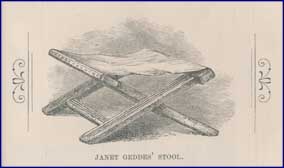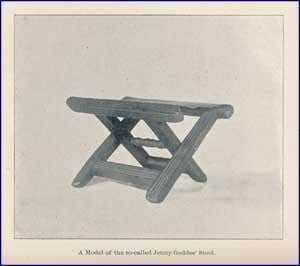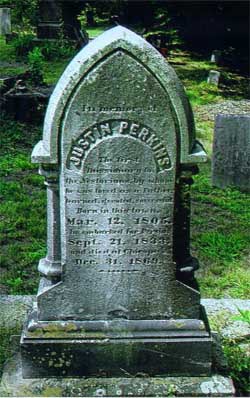Chapter V. – Post-Apostolic Presbyterianism.
The order of apostles was a temporary one, just as the priesthood had been, both having grown out of the exigencies of their respective periods. The priests passed away with the completion of their work, when Christ came. The apostles were chosen to be eye-witnesses of the great fact that Christ rose from the dead. The order, therefore, could not exist after those died who were contemporaries of Christ. To be an apostle it was necessary to have been appointed to that office, and to have seen the Lord after his resurrection. This is plainly set forth in 1 Cor. ix. 1, where Paul is vindicating his apostolic authority. He says, “Am I not an apostle? . . . Have I not seen Jesus Christ our Lord?”
The apostles all passed away, and the government of the Church remained what it had been from the beginning—a government by assemblies of elders, or “presbyters.” It was a spiritual republic, admitting of no distinctions of rank; and even Peter, whom Roman Catholics claim as the first of the popes, said of himself in his First Epistle (v. 1), “I who am also an elder” (presbyter).
After the apostles we have historical proof of the true Presbyterian organization of the Church.
Clemens Romanus, writing in the first century, says, “It is a shame, my beloved, and unworthy of your Christian profession to bear, that the most firm and ancient church of the Corinthians should be led to rise up against the elders. Let the flock of Christ enjoy peace with the elders which are set over it.”
Again, in the third century, Hippolitus writes, “The elders cited Noëtus, who was charged with heresy. Having summoned him a second time, they condemned him and cast him out of the church.” Here is a trial by Session too plainly set forth to need argument.
It is with peculiar pleasure that the testimony of a great Episcopalian is here introduced. Dean Stanley, of Westminster Abbey, London, writes, “The most learned of all the bishops of England, whose accession to the great see of Durham has recently been welcomed with rare unanimity by the whole Church of England, has, with his characteristic moderation and erudition, proved beyond dispute, in his celebrated essay attached to his edition of St. Paul’s Epistle to the Philippians, that the early constitution of the apostolic churches of the first century was not that of a single bishop, but of a body of pastors indifferently styled bishops or presbyters, and that it was not until the very end of the apostolic age that the office which we now call episcopacy gradually and slowly made its way into Asia Minor; that Presbytery was not a later growth out of Episcopacy, but that Episcopacy was a later growth out of Presbytery; that the office which the apostles instituted was a kind of rule, not by bishops, but of presbyters; and that even down to the third century presbyters as well as bishops possessed the power of nominating and consecrating bishops; and, besides, there were, from the commencement of the Middle Ages down to the Reformation, large exceptions from the principle of episcopal government which can be called by no other name than Presbyterian.”
This testimony, coming from Bishop Lightfoot—“the most learned bishop of the Church of England”—endorsed by Dean Stanley (who for his scholarly attainments and elegant diction was the pride and favorite of the British aristocracy), is of immense value in establishing our claim to apostolic Presbyterianism.



